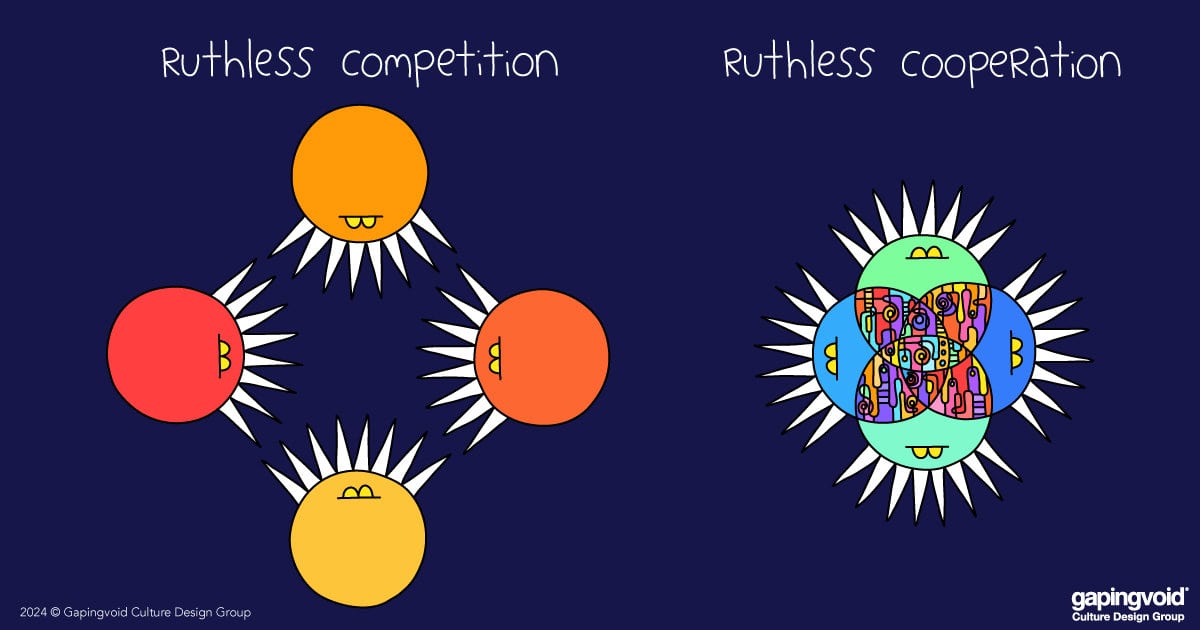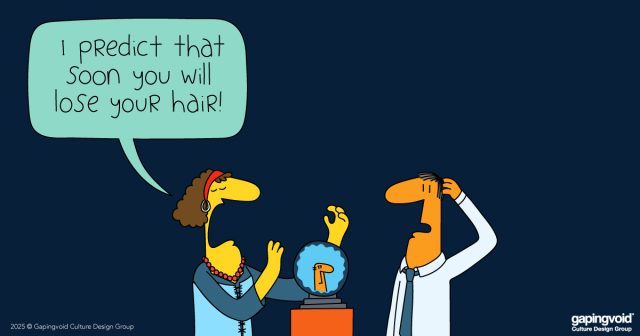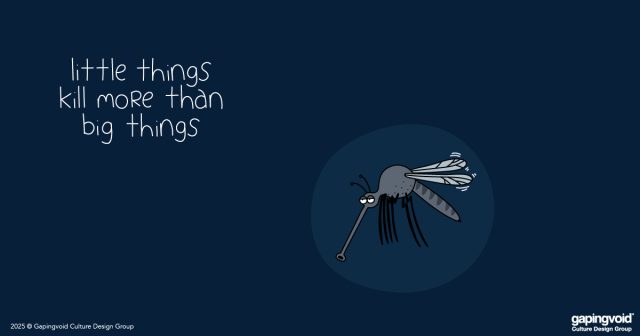
One of the most famous paintings in The Louvre (besides the Mona Lisa) is the physically massive masterpiece from 1819, “The Raft Of The Medusa,” by Théodore Géricault.
It tells a true story that scandalized polite French society in 1816, only a year after Napoleon’s final defeat at Waterloo.
The French diplomatic vessel, “The Medusa” tragically sank on the way to their Senegalese colony in West Africa. Without much hope of rescue, 150 people ended up cast away on a big raft fashioned by the crew from the masts, lifeboats, and whatever else they could quickly cobble together.
Things were grim indeed. Suffice to say, starvation, murder, disease, fatal thirst, drowning and cannibalism were all involved as people fought for survival. In the end, only 10 people lived to tell the tale. Everyone else perished most horribly.
As the details of the incident came out, what really shocked people wasn’t just that people were able to be so barbaric, but that many of the people on the raft were members of “polite society” who behaved just as badly as everyone else.
In a society that at the time was thought to represent the pinnacle of civilization, the thought that all this “civilization” was just a thin patina covering the brutal reality of Nature was not a comforting one.
When the artist first debuted his painting to the world, it really broke the mold. Not only because the incident was still fresh in everyone’s mind, but because large paintings like this traditionally had a more heroic theme, like David’s “Oath of The Horatii.”
What got our attention is the rather gruesome paradox with the people on the raft.
The raft was full of polite, gentile folks, who normally dress up and act in the way that society dictates. However at their core, they are no different than anyone else. We all comply with Maslow’s hierarchy, and drop to the level required to survive.
Sure, what happened on The Medusa Raft was very different from say, Lehman Brothers or Volkswagen back in the day, but on some level it was the same game: Maintaining the illusion of collaboration and innovation for mutual benefit, while suppressing the dark reality underlying everything.
Sure, things may change when it’s life or death, but we must meet the needs of our people, or things devolve into pandemonium. No matter how things appear on the outside, we all need safety, belonging and faith in the future. Without that, shit gets crazy.



